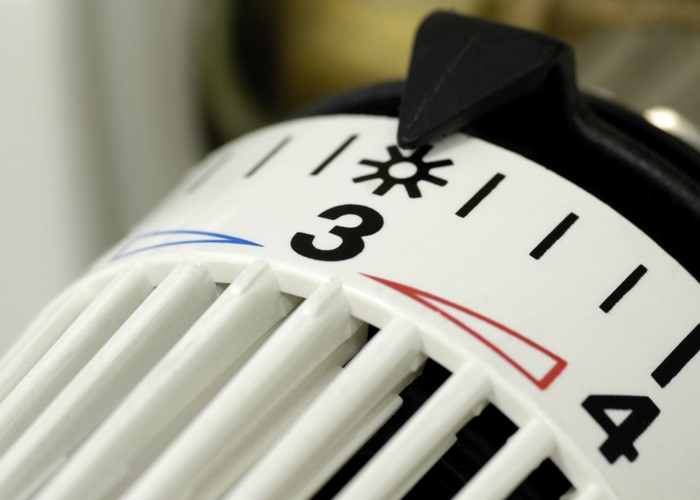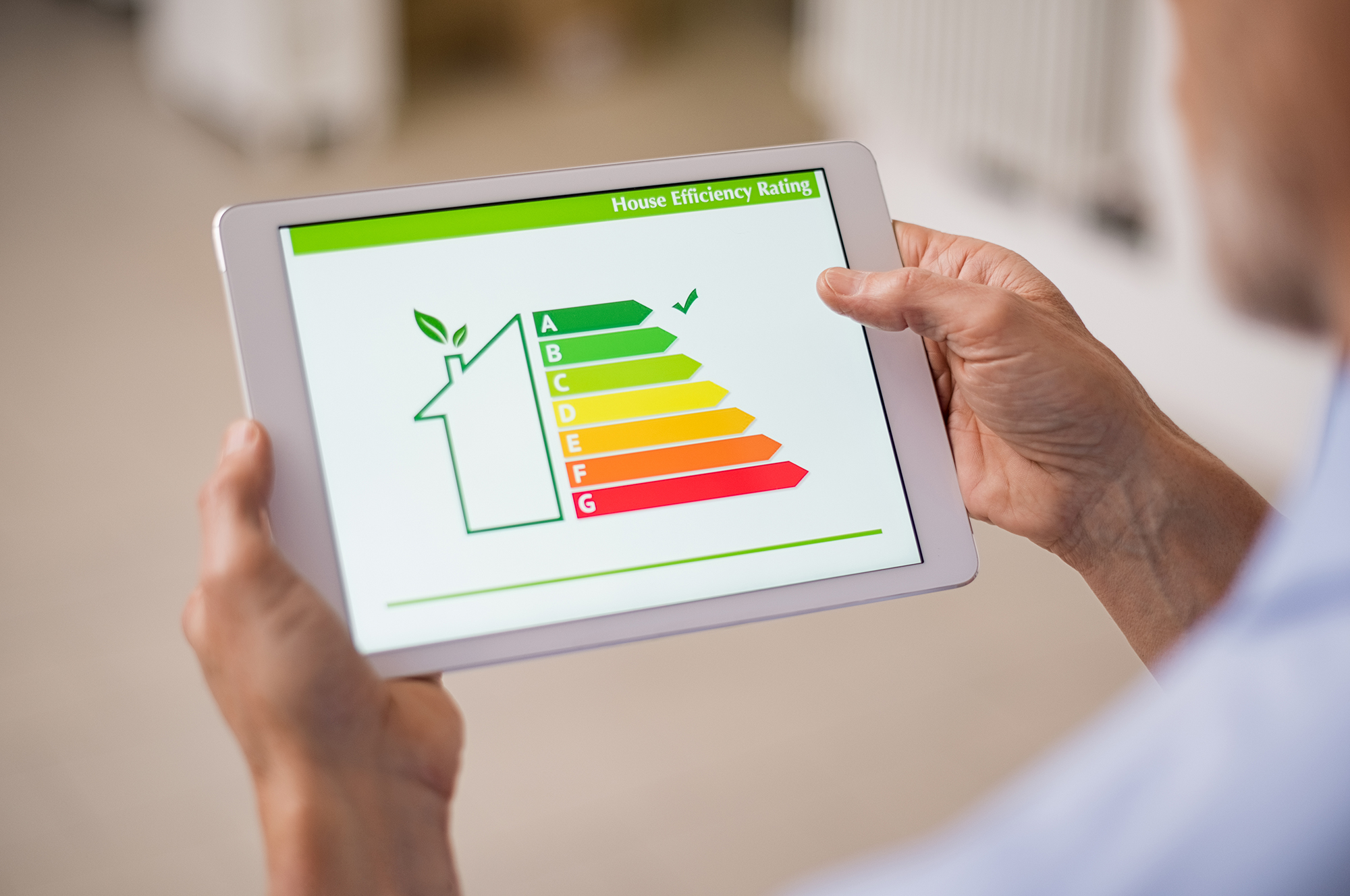How a green mortgage can save you money

Adding insulation and replacing old boilers are a few of the ways you can improve a home’s energy efficiency and potentially cut your mortgage payments.
There’s more than just the location and size of the garden to consider when it comes to finding the right property to buy.
Establishing how energy efficient the property is also an important factor for any homebuyer.
This information has a bigger knock-on effect than simply calculating what sort of energy bills you might face as well ‒ it can influence the size of your mortgage repayments as well.
Saffron Building Society has recently decided to offer borrowers a financial reward, in the shape of a cheaper mortgage, if they improve the energy efficiency of their home.
The mutual is offering a two-year fixed rate ‘retro fit’ mortgage, which borrowers can take out with a deposit of at least 20%.
The product starts with an interest rate of 1.47%, but the rate is reduced by 0.1 percentage points if the borrower improves the energy efficiency rating of the property by at least one band within the first six months of home ownership. It comes with a product fee of £999.

Let’s put that into context. Say I buy a house with an energy efficiency rating of F, making it pretty inefficient, with a mortgage of £180,000 over a 25-year term. That means a monthly repayment of £717, and over the two years a total cost of £17,208.
But if I make some changes to improve the rating of the house a month after completing, perhaps by adding insulation to the walls, then the mortgage rate would drop to 1.37%. And as a result, my repayments would fall to £709.
After one month at the full rate, and then the remainder of the fixed period at the lower rate, over two years that would mean a total cost of £17,024, a saving of almost £200.
No, that’s not a life changing amount. But it’s not a saving to be sniffed at either. And it’s won praise from mortgage brokers too, with Matthew Fleming-Duffy, director of Cherry Mortgage & Finance, celebrating the fact that it is ‘competitively priced, widely available and fit-for-purpose.’
Why mortgage lenders turn you down
How does it compare?
So just how competitive is Saffron Building Society’s mortgage product?
The truth is that there are plenty of cheaper deals available at the moment over that same term. You can get a two-year fixed rate from HSBC at 1.24% for example, with a product fee of £999.
That works out at monthly repayments of £698.
But the Saffron deal isn’t significantly more expensive than rival deals.
Why 'true' mortgage costs were already falling before the Base Rate cut
Going green
Over the last few years, many green mortgage products have been launched.
In February, Nationwide Building Society put together a £1 billion fund, which will allow it to offer better mortgage rates to borrowers buying a new-build property with an A rating on its Energy Performance Certificate (EPC).
The idea is that by essentially discounting the mortgage rates on offer for the most efficient homes, it will serve as a greater incentive for borrowers to want to purchase these homes, rather than those with a less impressive efficiency performance.
Barclays offers a range of Green Home mortgages, where rates are lower when you purchase a new-build from specific partner housebuilders, including the likes of Barratt Homes, Countryside, Bovis Homes and Taylor Wimpey.
The catch is that the property must have a rating of A or B on the EPC.
Financial benefits of going green
Improving the energy efficiency of your home doesn’t just mean that you might qualify for a slightly cheaper home loan. Obviously, the greener your property is, the better it is for the environment too.
But there are other financial perks to going green as well. The more efficient your home is, the lower your energy bills will be – that’s a substantial ongoing benefit from doing the right thing.
Cutting your energy bills: I tested 4 offbeat ways of saving energy
How can I improve my home’s energy rating?
The EPC rating is worked out based on a ‘standard assessment procedure’ set out by the UK Government, which is based on estimates of the energy needed to keep the property warm, as well as provide hot water, lighting and ventilation.
As a result, there are all sorts of different factors that go into calculating the rating, meaning there are plenty of steps you can follow which will improve your home’s rating.
For example, double glazing can make a big difference to the amount of energy that seeps out of your property, with the added benefit of reducing noise.
Insulation is also worth investigating, both for your walls and any loft in the property.
What’s more, energy suppliers will do it for you, absolutely free, if you meet certain qualification criteria. Generally you’ll need to own the home, with someone living at the property qualifying for Universal Credit, child benefit or some other form of state support.
Looking into replacing your boiler is another sensible move if you’re hoping to boost the property’s EPC rating. The Energy Saving Trust points out that heating accounts for about 55% of what people spend each year on their energy bills, so an efficient boiler will make a big difference.
It points out the big advantage of modern boilers is that they are all condensing boilers, which means they have ‘a larger heat exchanger, so it recovers more heat, sends cooler gases up the flue and is more efficient.’
Another area flagged up by the Energy Saving Trust is lighting, which accounts for around 15% of a typical household’s electricity bill. So, switching to LEDs can help you save money and boost your home’s rating.
Comments
Be the first to comment
Do you want to comment on this article? You need to be signed in for this feature